The Green Clean Coop, photo courtesy of Impact Silver Spring
Starting a business can be challenging under any circumstances, but especially when you are committed to doing it cooperatively. That was the challenge—and opportunity—when five Montgomery County residents came together under the auspices of the nonprofit IMPACT Silver Spring to start a worker-owned environmentally-friendly cleaning service. Cooperative members pooled their savings for start-up equipment and supplies while graphic design and marketing help were provided by connections made through the IMPACT network. The result: The Green Clean Cooperative.
IMPACT also helped birth a financial lending cooperative, among other ventures. It’s an entrepreneurial model that attracted the attention of the Greater Washington Community Foundation and led to a grant from the Catalyst Fund. The new fund is focused on community-based efforts to support small business, mirco-enterprise development and entrepreneurship. In addition to IMPACT Silver Spring, grants ranging from $50,000 to $75,000 were awarded to CASA, Crossroads Community Food Network and Life Asset. Read more about these grants from the Catalyst Fund.
“The Catalyst Fund grants underscore the importance of investing in wealth-building and entrepreneurship and signal a need for more philanthropists and funders to invest in preparing workers for The Future of Work,” said Tonia Wellons, The Community Foundation’s Vice President of Community Investment. “The Community Foundation is making this one of the hallmarks of its strategy to disrupt poverty and build thriving communities across the Greater Washington region.”
According to the Association for Enterprise Opportunity, the median net worth of business owners is almost 2.5 times higher than non-business owners. For people of color, the distinction is even greater. Just ask Amilcar Pena. As a worker-owner of the Green Clean Cooperative, he is taking home around $20 an hour, compared to the $10 to $12 he would earn working for a private company, he says.
“It’s heartening to see The Community Foundation investing in innovative strategies that go beyond managing symptoms to root cause solutions,” said IMPACT Silver Spring Executive Director Jayne Park. “While jobs can help people get out of poverty, they need assets to stay out of poverty.”
The Catalyst Fund grew out of The Community Foundation’s long history of supporting job training and workforce development solutions, including through leading the Greater Washington Workforce Development Collaborative for the last decade. It was created after an anonymous donor passed away in 2016, leaving a $6 million bequest for an endowed fund. His wish was to see the gift benefit the Greater Washington region—a place he called home for 50 years.
In his later years, the donor discussed with his financial advisor, Nicholas Durso of Sun Trust Bank, how best to create a lasting legacy. “He was a good man who wanted to help people who wanted to help themselves,” says Durso. The Community Foundation offered the perfect vehicle: a field of interest fund that allows donors to support organizations working within a specific geographic region toward a specific purpose.
“The Community Foundation offered the infrastructure and expertise and has been the perfect partner,” said Durso, who works closely with the staff. “In recommending grantees, they’ll say, ‘you knew the donor best, what are your thoughts?’ It’s a collaborative relationship.” The Catalyst Fund “is a reminder of what a great man he was,” says Durso of his client.
The anonymous donor would undoubtedly be pleased to know that 10 months after the Green Clean Cooperative was launched, it already has 19 clients and is providing steady income for the worker-owners who share in profits and continue to put money back into the business every month.
Establishing a legacy fund with the Greater Washington Community Foundation is an excellent way to create a lasting impact. To learn more, please contact Vice President, Development and Senior Philanthropic Advisor, Rebecca Rothey at 202-263-4766 or [email protected].




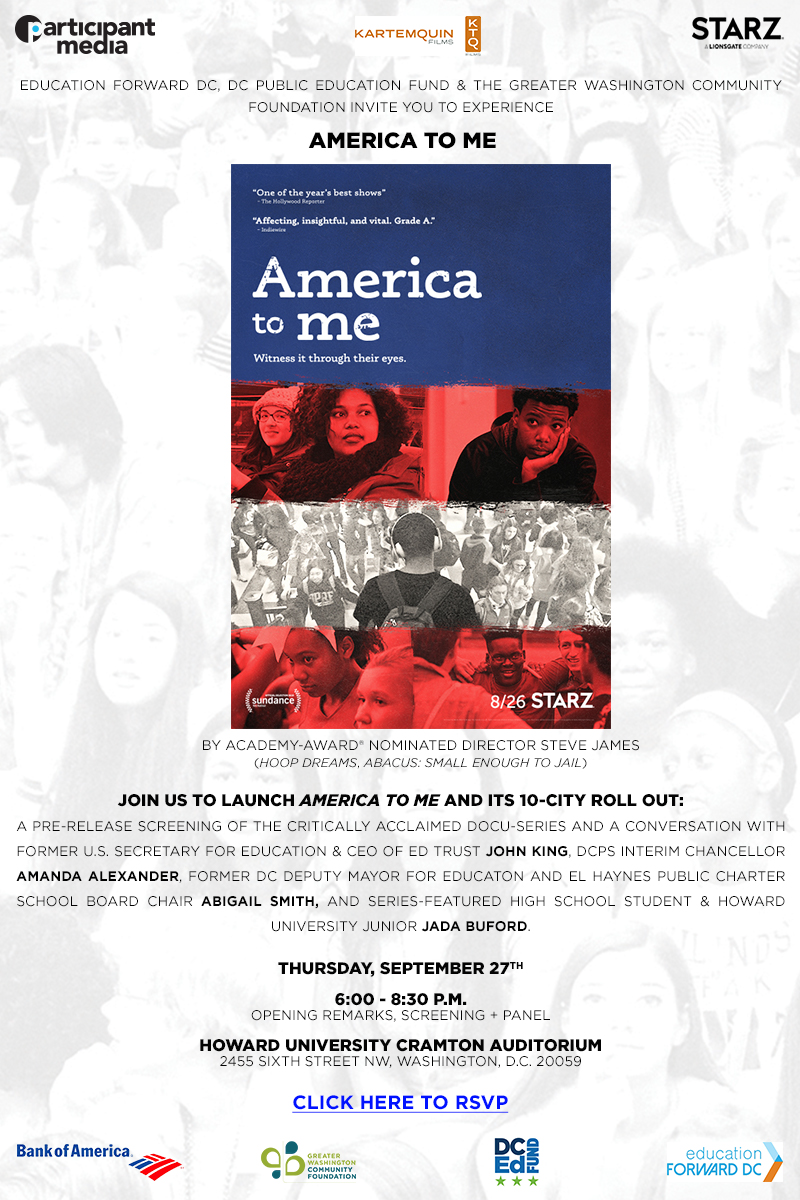
![Pages+from+Survivors-Fund-Final-Report[1].jpg](https://images.squarespace-cdn.com/content/v1/58f791ec37c58188d411874a/1536680291888-C4MA99XYZCNFQXSP9TER/Pages%2Bfrom%2BSurvivors-Fund-Final-Report%5B1%5D.jpg)
![Pages+from+Survivors-fund-process-publication[1].jpg](https://images.squarespace-cdn.com/content/v1/58f791ec37c58188d411874a/1536680355302-7PUBILDHZEKNI7A17ZN7/Pages%2Bfrom%2BSurvivors-fund-process-publication%5B1%5D.jpg)
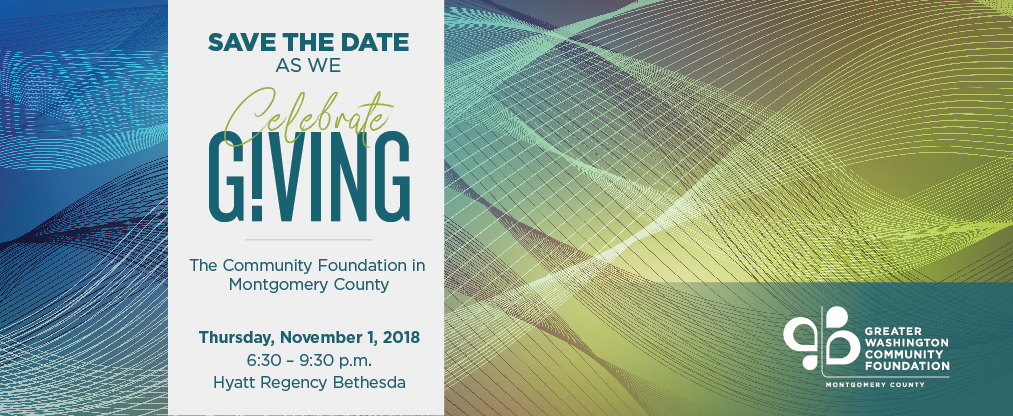
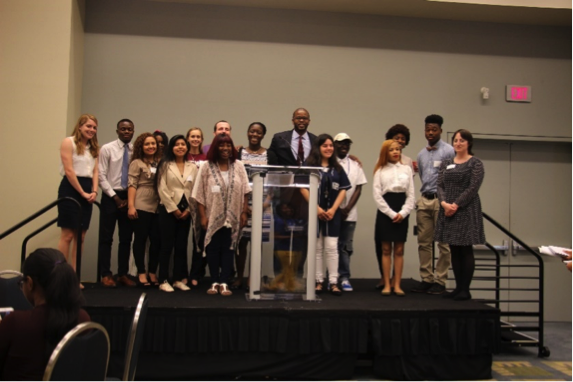

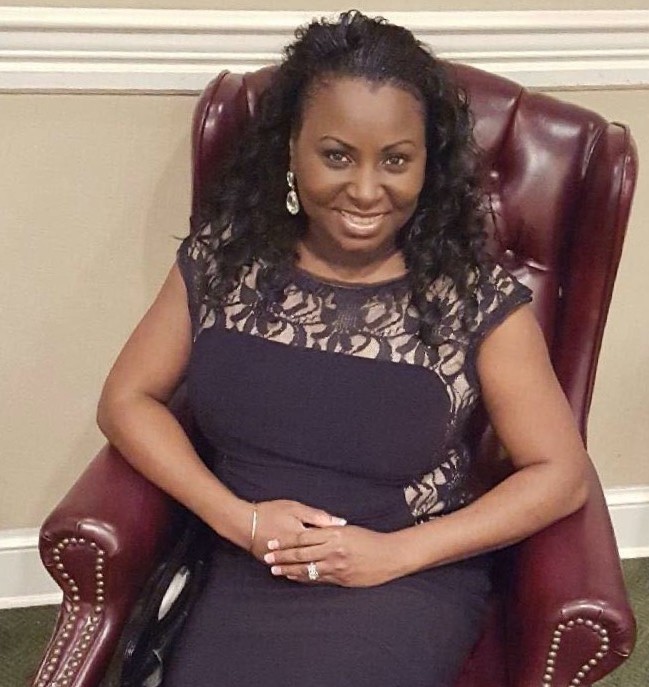

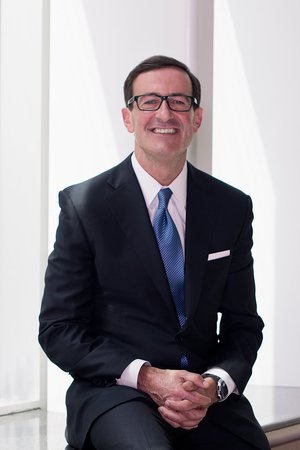

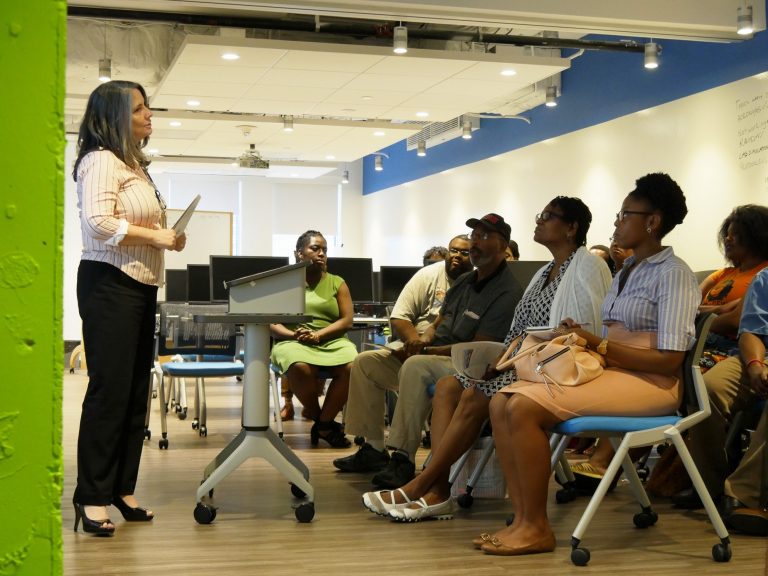
![Nicky+Goren_credit+Lisa+Helfert[1].jpg](https://images.squarespace-cdn.com/content/v1/58f791ec37c58188d411874a/1522848227229-DEDSCE0FKGH75WC8U6SW/Nicky%2BGoren_credit%2BLisa%2BHelfert%5B1%5D.jpg)
![2317+-+Bruce+McNamer+-+Sitting[2].jpg](https://images.squarespace-cdn.com/content/v1/58f791ec37c58188d411874a/1522848380041-GLNV5WEAGMP7YPJZDXRR/2317%2B-%2BBruce%2BMcNamer%2B-%2BSitting%5B2%5D.jpg)

